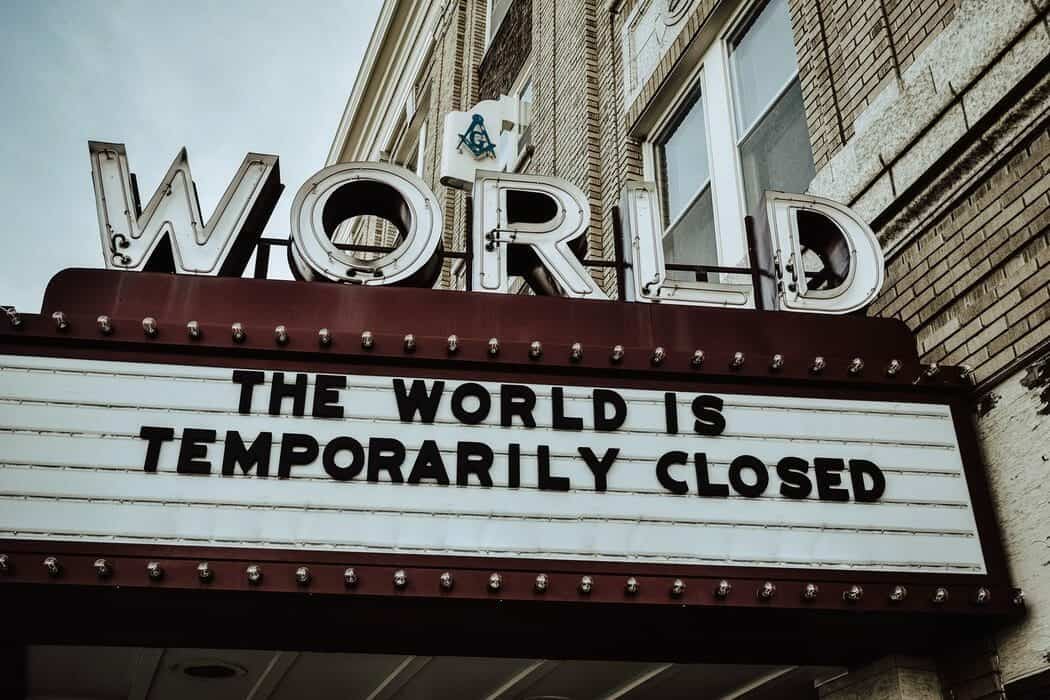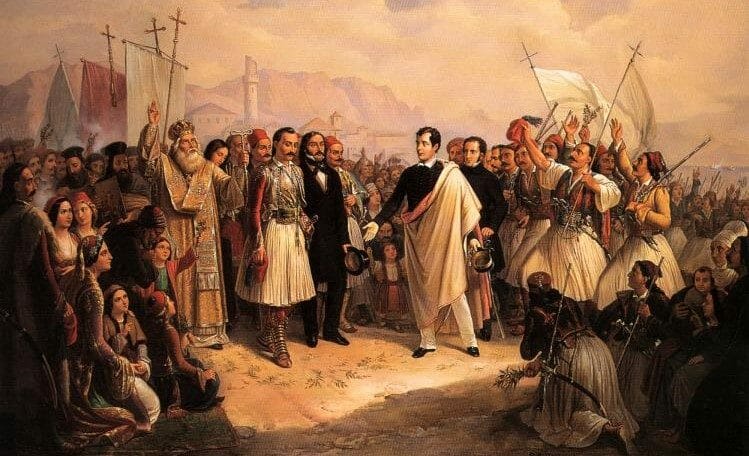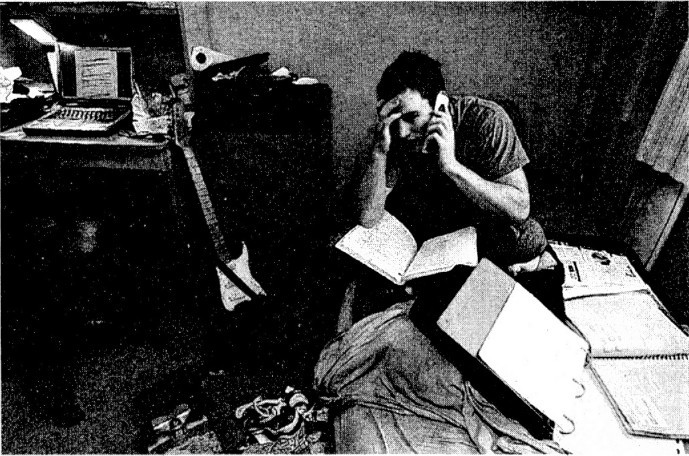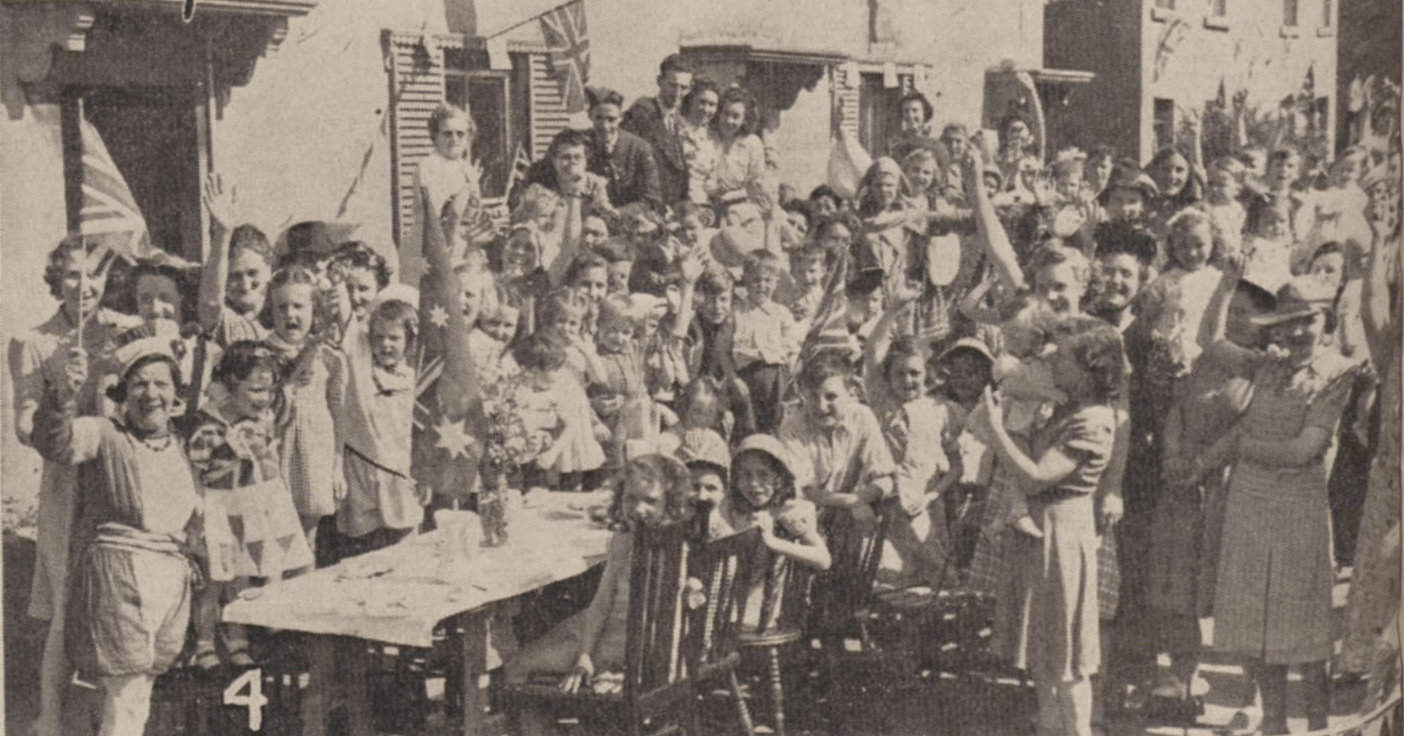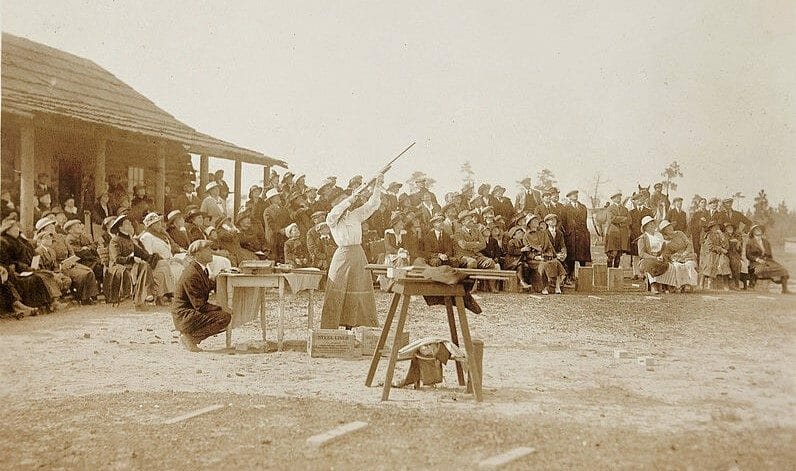│By Ayanda Netshisaulu, Gale Ambassador at the University of Johannesburg│
In March 2020, in what seemed to be little more than a blink of an eye, students at the University of Johannesburg were thrust into the world of online learning. First years, Honours, Master’s and even PhD students were left stranded in a rapidly changing world. With our trusted archives closed as a result of the South African lockdown, some students felt they were left with no option but to make do with secondary sources – but a historian without an archive is like an artist without paints. Luckily, Gale had opened an art supplies store in the University of Johannesburg!


